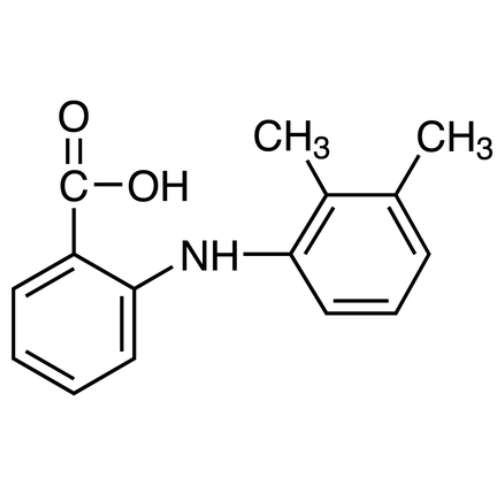Mefenamic acid, a medication marketed under the brand name meftal, is the subject of a drug safety alert from the Indian Pharmacopoeia Commission, which is part of the Union Ministry of Health and Family Welfare.
Meftal Drug Safety Alert: Mefenamic acid, a medication marketed under the Meftal brand, is the subject of a drug safety alert from the Indian Pharmacopoeia Commission, which is part of the Union Ministry of Health & Family Welfare. Mefenamic acid-related adverse drug reactions were discovered during a preliminary analysis carried out by the Pharmacovigilance Programme of India (PvPI), an Indian government organization that detects and addresses drug safety issues. This led to the issuance of the drug safety alert on November 30, 2023.
Drug rash with eosinophilia and systemic symptoms (DRESS) syndrome was discovered to be the result.
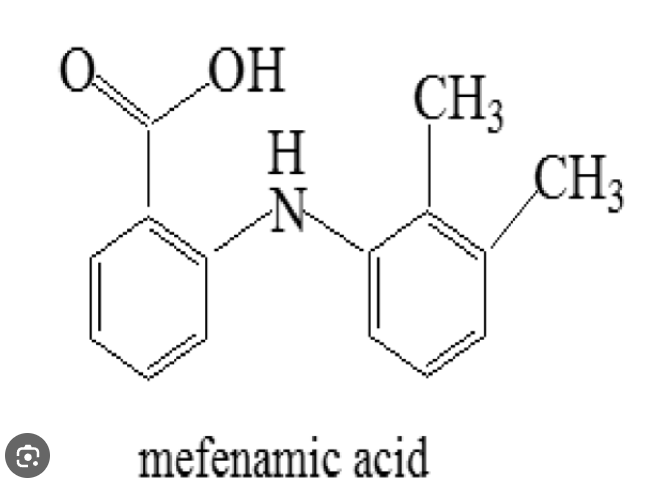
What is DRESS syndrome?
A severe, unique, and idiosyncratic drug reaction, or DRESS syndrome, is a reaction that only happens in a small percentage of patients taking the medication and is not related to any of the drug’s known pharmacological properties. The prolonged latency period of the DRESS syndrome refers to the length of time that elapses between drug exposure and the onset of symptoms. It can take up to eight weeks for the DRESS syndrome symptoms to manifest after taking the medication. Based on information from the US National Institutes of Health (NIH), the symptoms include fever, rash, lymphadenopathy, or swelling of the lymph nodes, and eosinophilia, or an excess of eosinophils in the body.
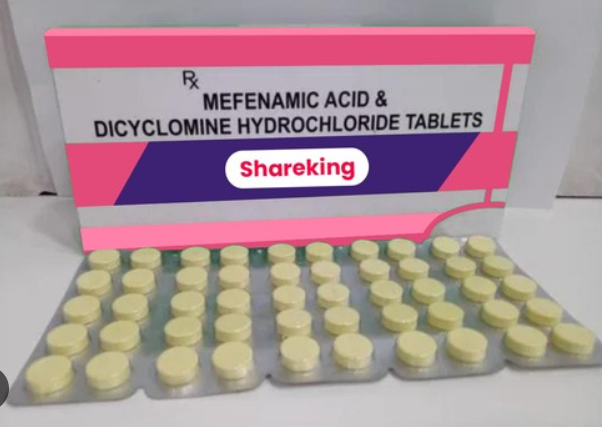
Effects
The Indian Pharmacopoeia Commission has advised healthcare professionals, patients and consumers to closely monitor the possibility of the occurrence of the DRESS syndrome with the use of mefenamic acid. People who observe such reactions have been asked to report to the National Coordination Center under the PVPI by filling out the Suspected Adverse Drug Reactions Reporting Form, or the Medicines Side Effect Reporting Form for Consumers.
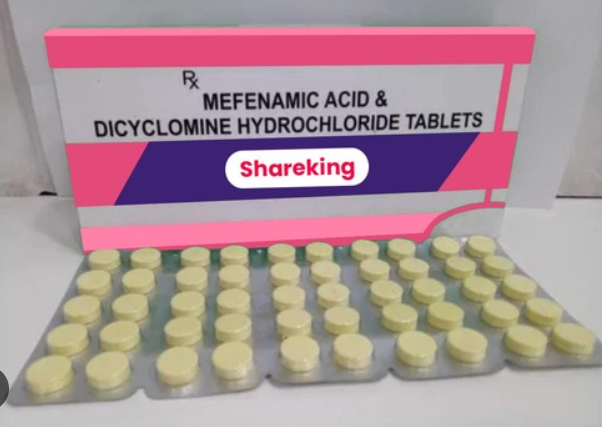
Uses
The form can be filled out through an Android mobile application called ADR PvPI.
Mefenamic acid is used to treat rheumatoid arthritis, dysmenorrhoea, inflammation, dental pain, osteoarthritis, mild to moderate pain, and fever.
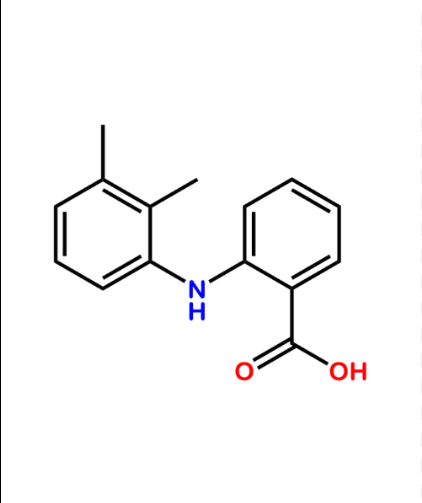
Frequently asked questions
What is the drug mefenamic acid used for?
Explanations. A nonsteroidal anti-inflammatory drug (NSAID) called mefenamic acid is used to treat mild to moderate pain. Menstrual cramps and other conditions as prescribed by your physician may also be treated with it.
What is the black box warning for mefenamic acid?
Doctors and patients are informed about potentially harmful drug side effects by a black box warning. Mefenamic acid warning: If you take it, you may be more susceptible to heart problems such as blood clots, heart attacks, strokes, or heart failure. These circumstances may be lethal.
What are the precautions for mefenamic acid?
Check with your doctor right away if you are having chest pain or discomfort, nausea or vomiting, pain or discomfort in the arms, jaw, back, or neck, trouble breathing, slurred speech, or weakness. This medicine may cause bleeding in your stomach or intestines. These problems can happen without warning signs.
Is mefenamic acid banned in the US?
Despite being approved in the US in 1967, mefenamic acid is not a frequently used medication. Mefenamic acid is prescribed to treat dysmenorrhea or mild-to-moderate acute pain.
Is mefenamic acid a safe drug?
Mefenamic acid is one example of an NSAID that can result in ulcers, bleeding, or holes in the stomach or intestine. These issues could arise at any point during the course of treatment, might occur without prior symptoms, and might even be fatal.
Also read-‘Spreading Rapidly But Not Causing Hospitalizations’: Former AIIMS Chief On New Covid Variant JN.1
images source: Google
Disclaimer: The opinions and suggestions expressed in this article are solely those of the individual analysts. These are not the opinions of HNN. For more, please consult with your doctor







